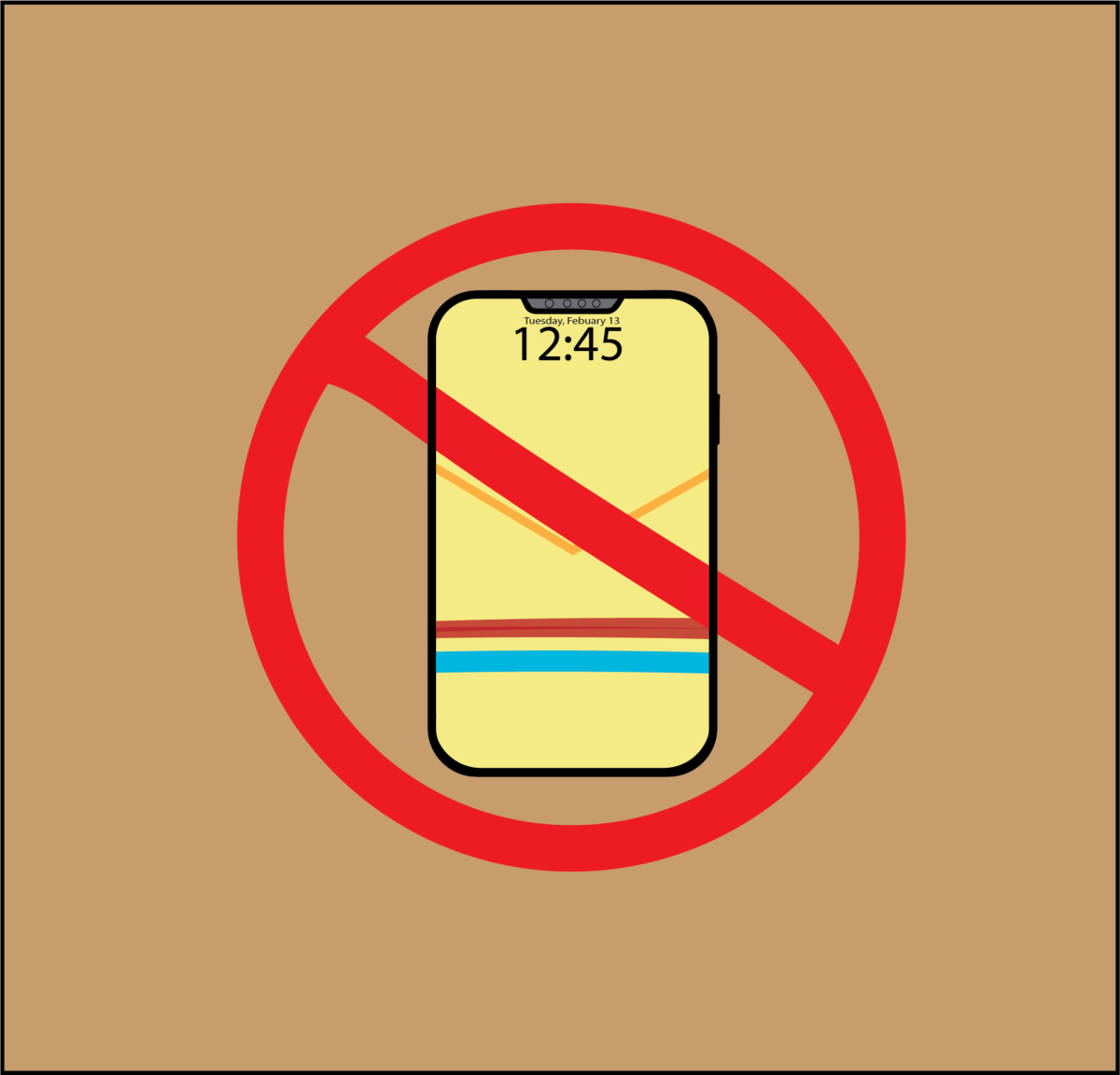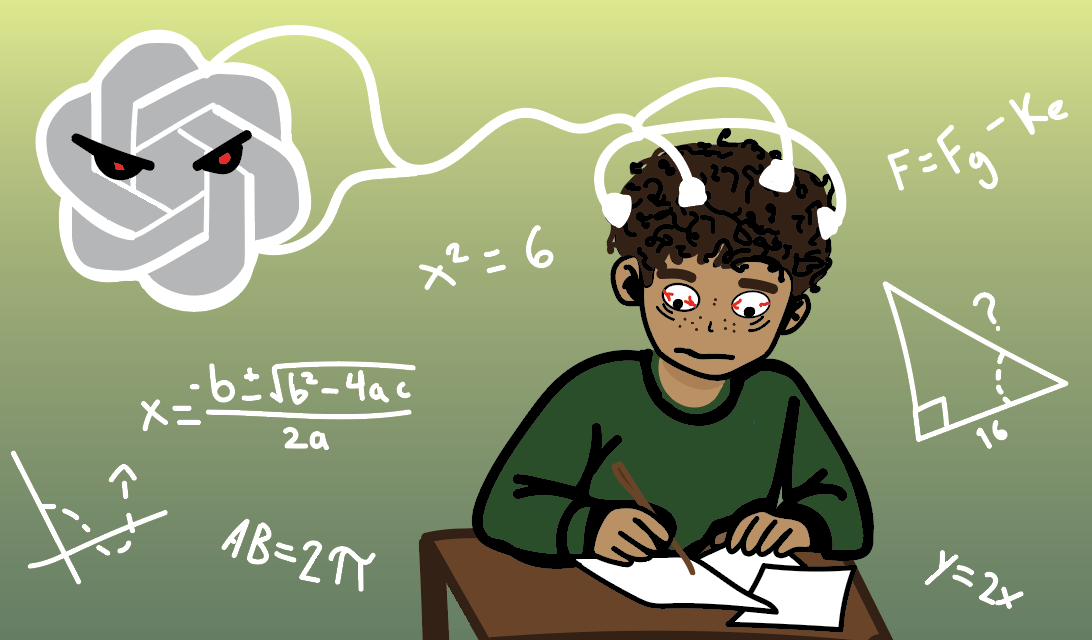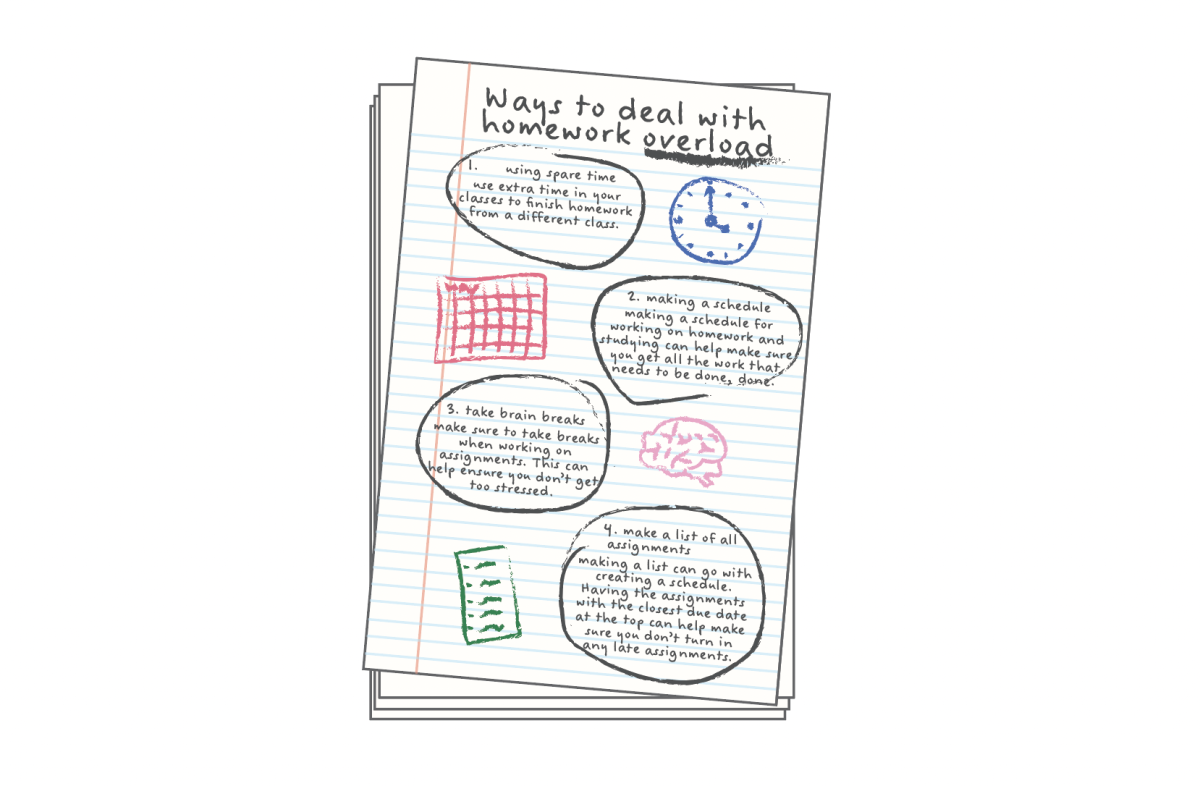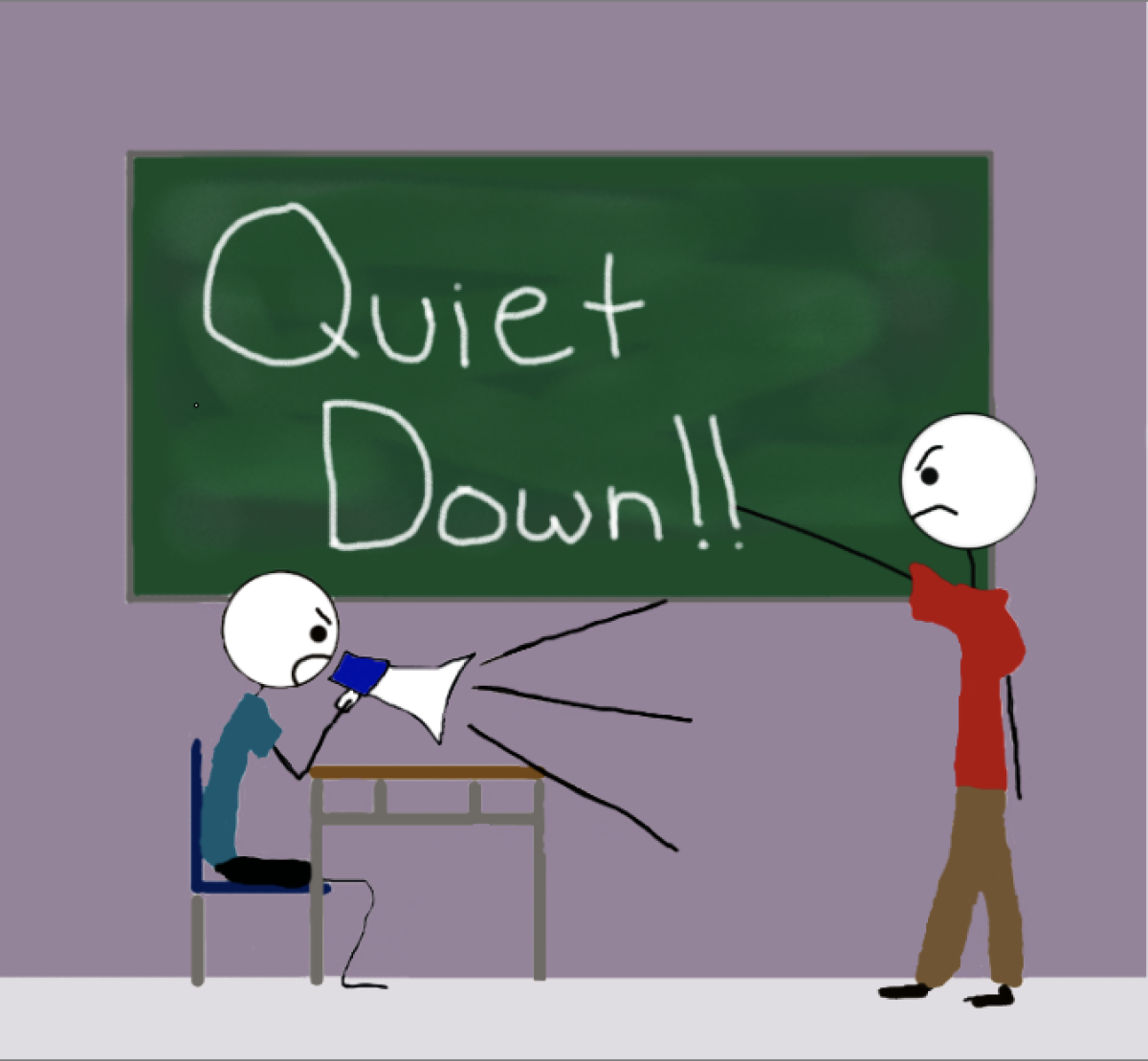The Bowie phone policy helps students learn more efficiently in the classroom. Although students want to stay connected to their phones, phones distract students from their work, which validates the Bowie phone policy. Students who use their phones in the classroom have lower academic success compared to students who do not use their phones in the classroom.
According to the Federal National Center for Education Statistics, by 2020, 77% of schools reported prohibiting cell phones for non-academic use.
Many schools around the US have adopted this new policy because students have greater academic success without their phones.
According to a study by “The Conversation,” banning mobile phones significantly increased test scores among 16-year-old students.
The Bowie phone policy sets students up for success in college and their adult life because when students can focus in school, they get high test scores, which helps them get into a better college.
According to CNBC news, researchers found that students in schools with phone bans earned higher test scores and that low-performing students benefited the most from the absence of phones in the classroom.
The Bowie phone policy positively impacts all students by increasing student’s attention in class.
Research published by the University of Chicago found that even if cell phones are turned off, face down, or put away, their mere presence reduces cognitive capacity.
Phones impact teens’ attention spans which negatively influences them in class. When teens develop a smaller attention span they find it hard to focus in class because their mind tends to wander.
According to the National Institute of Health, one specific manifestation of this concern is that the current generation of children and adolescents is developing increasingly shorter attention spans due to increased contact with smartphone technology, and use onset at younger ages (Nikken and Schols, 2015).
Phone bans in the classroom positively impact students. Not only are students’ test scores raised but they can also give students a break from being constantly attached to their phones.
According to the National Institute of Health, smartphone addiction syndrome causes mental health, campus life, and personal relations problems in many ways.
The Bowie phone-free learning policy positively impacts students now and throughout their entire adult lives.














